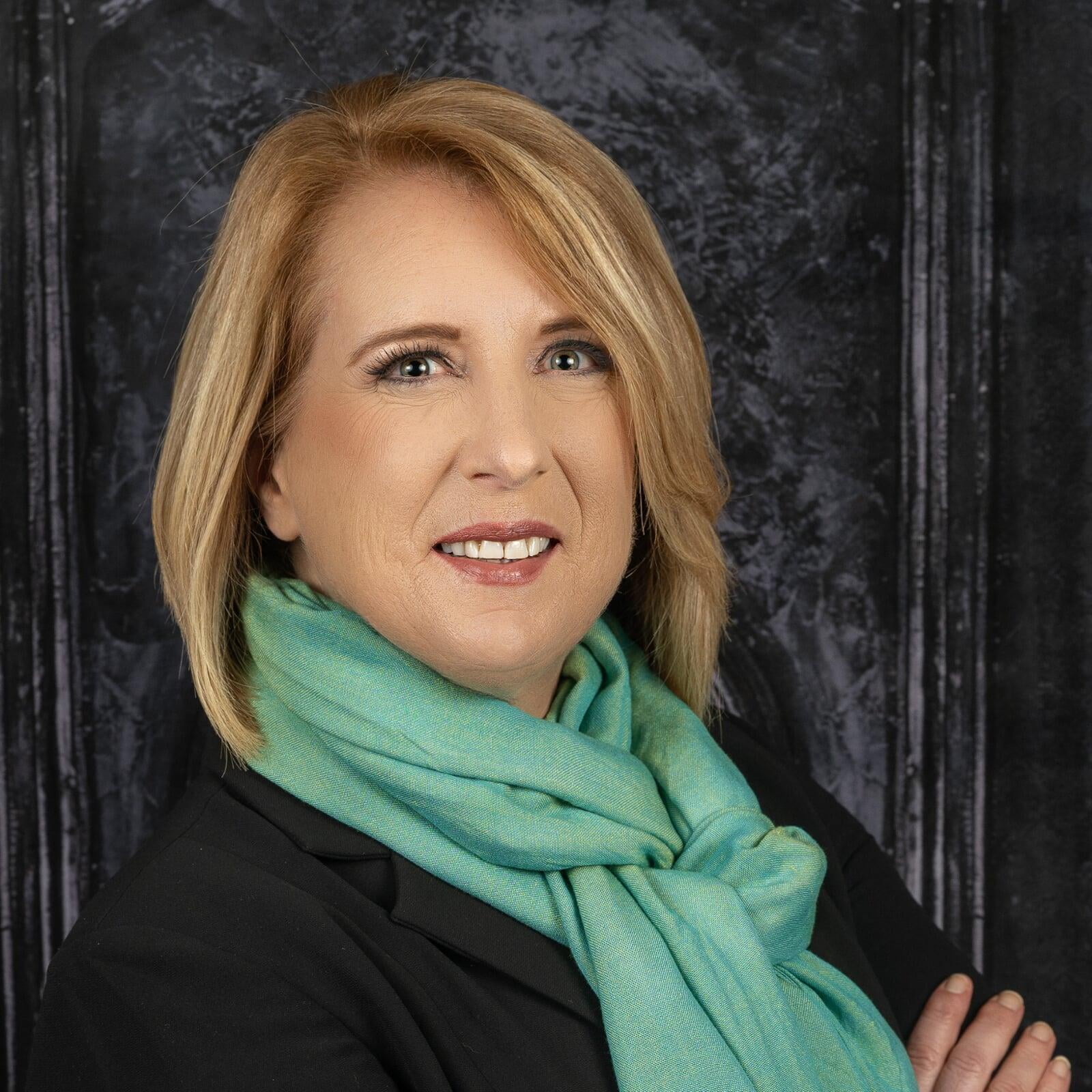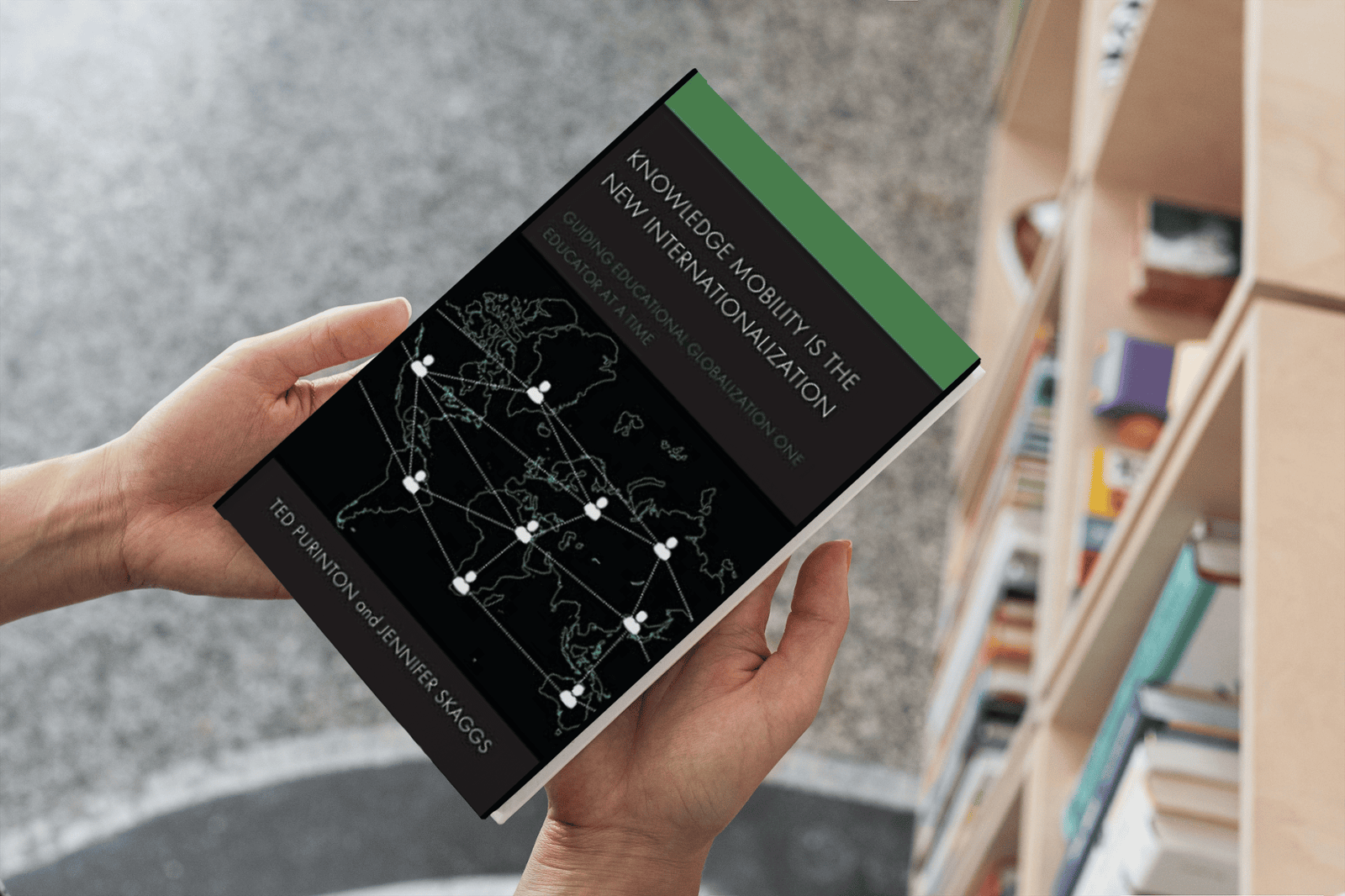Jennifer Skaggs, PhD
International Education Leadership Consultant & Author
International Education Leadership Consultant & Author
Are you looking for someone to lead or consult with your organization in the following areas?
International Education
Organizational Culture
Educational Policy and Assessment
Research Design & Analysis
Program Evaluation
Equity, Diversity and Inclusion
Project Management
Curriculum Design
Workforce Development
Contact us to schedule an appointment with Dr. Jennifer Skaggs.

Dr. Jennifer Skaggs (PhD) is an international education and leadership consultant, organizational culture-change expert, professor, author and speaker. Her research expertise and experience allows her to be adept at learning, understanding and analyzing an organization’s unique culture, policies and processes and to help “make the invisible, visible.”
She is co-founder and President of Infinite Ping, Inc, a US-based international consultancy. With over 3 decades of experience as a scholar-practitioner and thought leader, she helps organizations navigate change, both intentional and unintentional, by providing researched-based, data-driven and creative solutions. She has in-depth experience in generational, intercultural and global communications; equity, diversity and inclusion; assessment and evaluation; culture and organizational change; leadership development; and community relations. Jen is a certified facilitator of Extended DISC® and a qualified facilitator for Gallup StrengthsQuest® and Gallup StrengthsFinder® workshops.
Jennifer worked as a member of administration and faculty in K–12 education, private liberal arts and public research universities across the USA and as a Professor in the Graduate School of Education at The American University in Cairo, Egypt. She was then appointed Dean of Students at AUC and subsequently Vice President of Student Life and Associate Professor of Education at a private liberal arts university in Massachusetts, USA.
Her consulting, workshops and numerous conference presentations have served corporate, non-profit, and education sectors in North America, Egypt, Hong Kong, South Africa and Palestine. Subjects include, but not limited to, organizational culture change, equity, diversity and inclusion topics, and culturally responsive training and teaching.
Her expertise in conflict mediation, organizational culture change, and strategic planning and analysis is evident in the work she has done in post-revolution Egypt where she worked with institutional leaders in bringing disparate stakeholders together and alleviated several initiations of potential violent strikes with no interruptions to services.
She is experienced in assisting organizations in how to develop their policy and practices to be more equitable and inclusive for improved success of individuals of all gender identities, resulting in greater retention of gender minorities, broadening perspectives through offering an expanded dimensional understanding of gender diversity, equity and social justice both inside and outside of the organization.
Her multi-project work, in concert with USAID and Afghanistan government leaders, involved needs assessments and analysis in reforming the Afghan national curriculum and university system. She consulted with UK Government and British Council, a British organization specializing in international cultural and educational opportunities.
Jennifer serves as a consultant for institutions seeking US regional university accreditation. She also continues to guide leaders as they affect change by being involved in entrepreneurial enterprises, educational institutions, NGO’s, politics and other national and international organizations throughout the Middle East / North Africa (MENA) region, North America, UK and the European Union.
Jennifer has authored peer-reviewed books, as well as articles and book chapters.
Born and raised in New Jersey, USA, Jennifer has lived and worked all over the United States and overseas. She enjoys participating in musical theater and concerts, international travel, golf, kayaking, knitting and creating culinary concoctions for family and friends. Jennifer and her husband, Byron, are parents of two adult children.
Jennifer is an experienced global professional with a demonstrated history of working in education, corporate and non-profit industries. She is a strong, passionate professional with a Doctor of Philosophy (Ph.D.) focused in Higher Education and Gender from the University of Kentucky.
Education and Certifications and Honors:
- Ph.D., Educational Policy and Evaluation, University of Kentucky, KY, USA
- Graduate Certificate, Gender and Women’s Studies, University of Kentucky, KY, USA
- M.S., Student Affairs-Higher Education, Miami University, OH, USA
- B.A., Communication Studies, Taylor University, IN, USA
- Certified Extended DISC® Facilitator, Extended DISC® North America, TX, USA
- Qualified Leadership Challenge Course and Leadership Adventure Learning Facilitator, Asbury University, KY, USA
- Trained facilitator for Gallup StrengthsQuest® and Gallup StrengthsFinder® workshops
- Member, The Honorable Order of Kentucky Colonels, 2004
- Member, Kappa Delta Pi Education Honor Society, University of Kentucky, 2006
- Member, Phi Kappa Phi Honor Society, University of Kentucky, 2010
Areas of Expertise:
- Diversity, Gender and Inclusion
- Culturally-responsive Training and Development
- Policy Development and Evaluation
- Equity and Access
- Assessment and Evaluation
- Generational Understanding and Communication
- Human and Growth Development
- Intercultural Leadership & Awareness
- Conflict Resolution
- Organizational Culture Development/Change
- Strategic Communications
- Research and Analysis
- Counseling/Coaching

Knowledge Mobility is
the New Internationalization
Guiding Educational GlobalizationOne Educator at a Time
by Ted Purinton and Jennifer Skaggs
Knowledge Mobility is the New Internationalization: Guiding Educational Globalization One Educator at a Time shows how university-based faculties of education in both developed and developing countries can work together toward professional standards that are based on globally recognized evidence and applied in culturally appropriate, and thus sustainable, ways throughout the world. The last half century of international educational development has generated many positive accomplishments, including school access expansion and curriculum quality improvement. However, it has not produced sustainable or comprehensive results, mainly because key institutions and local culture are frequently ignored. Simultaneous to the production of these mixed results in developing countries, education scholars and faculties of education in wealthier countries have pursued an agenda of professionalization of the educational occupations—through higher qualification requirements, more stringent entry standards, and explicit evidence to guide practice. Furthermore, higher education internationalization has increased its scope and expanded its volume. Yet in these three areas—educational development, educational professionalization, and higher education internationalization—there has rarely been any convergence. This book makes a case for this vital union.

American Universities Abroad
The Leadership of Independent Transnational HigherEducation Institutions
Edited by Ted Purinton and Jennifer Skaggs
Across the globe, American-style and liberal arts universities are being established. From the first, the American University of Beirut, established in 1866, to the liberal arts institutions being established in Saudi Arabia, Ghana, and elsewhere in the twenty-first century, there is a clear sense of the global desire for the American approach to higher education as a way of counteracting traditional, more narrowly defined university educations. However, these universities operate in a distinctive dynamic that must learn to bridge one culture with another, and leadership of such institutions must by its nature focus on such complexities and tensions. Throughout the chapters of this book, this unique element of these universities will be better understood through the stories and experiences as presented by their presidents, provosts, and other academic leaders.

